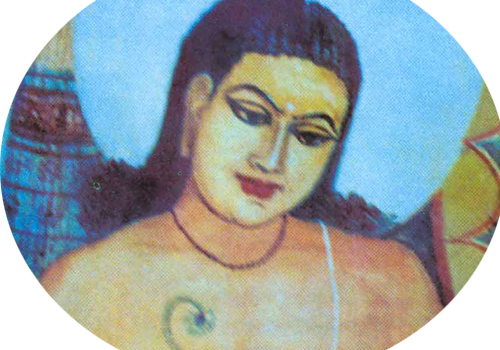Bargit : the Last Reminiscence of Prabandha Gana
Prabandha Gana: Dhrupadaand Kirttana or Kriti are the earliest forms of music extant today in the Hindusthani and the Karnatik systems. The Prabandha Gana evidently represented a stage in the evolution of Indian music prior to that of Dhrupada…
